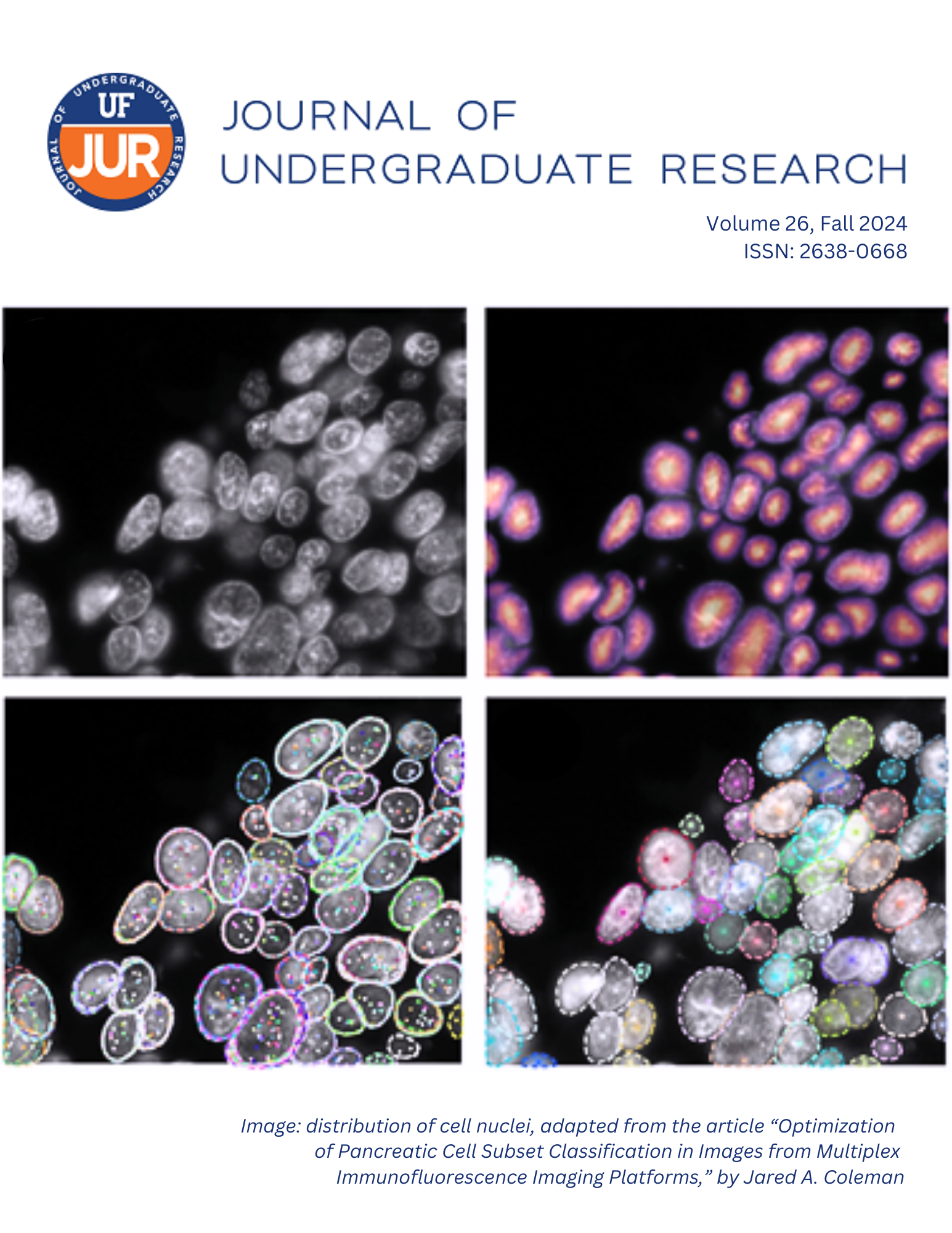Unveiling the Cultural and Entrepreneurial Potential of Música Popular Brasileira
DOI:
https://doi.org/10.32473/ufjur.26.135436Keywords:
Brazilian Popular Music, MPB, global music market, cultural diversity, entrepreneurial potential, music industry, audience engagement, cultural heritageAbstract
Música popular Brasileira (MPB) is a genre of Brazilian music that emerged in the mid-1960s. It is characterized by its eclectic mix of samba, bossa nova, tropicalia, rock, pop, electronic, and samba-pop incorporating elements from African, European, and indigenous Brazilian music traditions. MPB is known for its rich lyrical content, which often addresses social, political, and cultural themes, and its innovative fusion of traditional and contemporary musical styles. This paper explores the allure and entrepreneurial prospects of MPB in the global music sphere. Through qualitative analysis of insights from industry experts Beatriz Malnic, Bruno Miranda, and Derris Lee, it delves into MPB's distinctive elements, its global influence, and strategies for enhancing its commercial success. Despite barriers, MPB's diversity, rhythmic appeal, and genre fusion captivate audiences globally. The paper advocates for collaborative partnerships with educational institutions, language-inclusive promotion, and digital engagement to expand MPB's reach. Embracing MPB's cultural legacy and entrepreneurial ethos can deepen connections with audiences and enrich the global music landscape with Brazil's musical treasures.
Downloads
Published
Issue
Section
License
Copyright (c) 2024 Beatriz Galatti Pedro, José Valentino Ruiz

This work is licensed under a Creative Commons Attribution-NonCommercial 4.0 International License.
Some journals stipulate that submitted articles cannot be under consideration for publication or published in another journal. The student-author and mentor have the option of determining which journal the paper will be submitted to first. UF JUR accepts papers that have been published in other journals or might be published in the future. It is the responsibility of the student-author and mentor to determine whether another journal will accept a paper that has been published in UF JUR.

